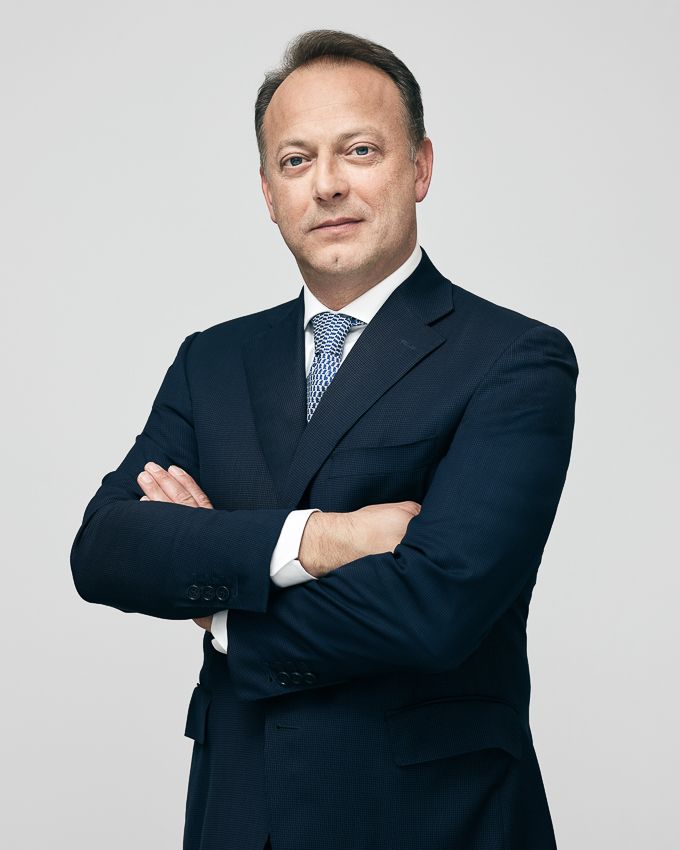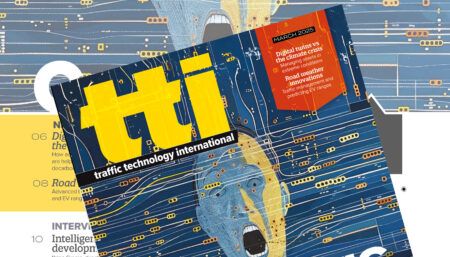Yunex Traffic was recently created by Siemens from its intelligent transport systems (ITS) business, as a high-profile global leader in the provision of innovative ITS and smart mobility services, with its traffic management and urban mobility infrastructure and platforms used in over 600 cities and on 4 continents (Europe, the Americas, Asia and Oceania).
Yunex Traffic now employs 3,000 people, including 400 dedicated solely to research and development. It has an integrated business model, producing hardware, software and IoT devices and providing advanced modular traffic management solutions and maintenance services.

“We aim to deliver operating and growth synergies between our assets and Yunex… in the management of infrastructure, services and technological innovation, in order to improve the travel experience,” said Atlantia CEO Carlo Bertazzo. “We are certainly keen to expand Yunex Traffic’s business in countries of interest to us, such as Italy, France and Spain,” adding the ITS sector could be worth as much as €1.5 billion a year in those three countries.
Yunex Traffic has assembly plants and research and development centers located in Europe (the most important of which in Germany, with Munich as its hub) and the USA. The major cities that have installed Yunex Traffic systems include Dubai, London, Berlin, Bogotá and Miami, with a track record of highly innovative projects.
Signature of the purchase agreement is a strategic step in the process of delivering the growth strategy that Atlantia announced in June 2021. This targets investment in sectors in which the company is traditionally a leader (motorways, airports, digital payments for the mobility market), and in adjacent areas offering synergies: ITS, electrification/renewables, rail and mobility hubs.
With this partnership Atlantia says it is confirming its role as a strategic investor in infrastructure: boosting its presence in urban areas, differentiating itself due to the fully digital, highly innovative nature of its offering.

Peter Ummenhofer, industry expert and founder and managing director of GO Consulting, comments: “It is interesting to see for the second time in a row (after the acquisition of Transcore by Singapore Technologies) that strategic investors are willing to valuate targets at a much higher rate than private equity funds who naturally have a shorter time horizon, less potential for realizing synergies with existing activities and who may see business-to-government less attractive and possibly riskier than players who are already active in this space.
“It will be interesting to see if and how Atlantia will consolidate all its ITS companies and investments into one global ITS super-player over time.”





